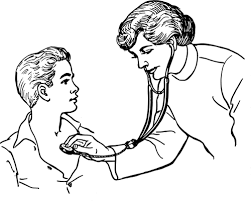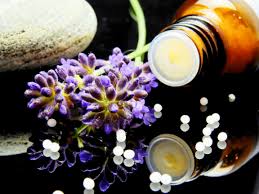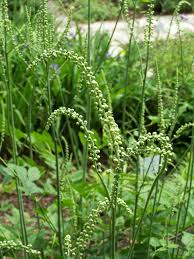
Probably in no vocation can it be more truly said that a man cannot serve two masters than in that of the Practice of Medicine. The requirements of actual practice and the rapid advance of medical science demand a concentration of thought and study that almost preclude taking any active part in the other matters of public interest. With this as a reason, or, perhaps, an excuse, too many physicians, especially of the homoeopathic school, are not found among the active citizens of our country. Many being too busy to even vote! That this attitude is at once inimical to the best interests of both the country and the physician goes without saving. Our old school brethren are more awake to this fact than are the good mussel mans of the homoeopathic school, hence the plums of public service (to appeal to your cupidity) are gathered up by our friends the enemy, the advancements in science of preventive medicine and the honors of municipal medical service have not been gathered in by the homoeopaths. To the busy practitioner this may seem a matter of little import. And in a sense he is right. But if we stop to realize our civic responsibility the matter presents a different phase. Being one of the learned professions the practitioner of medicine is essentially a teacher. It is not enough to relieve men of their ills, they must be taught how to avoid them. To cater to distress of his fellow-men – to relieve their suffering and at the same time teach them to avoid future misfortune is to render an inestimable service to humanity.
To be sure such a course seems, in a measure, suicidal, since it is likened unto killing the goose that laid the golden egg. But this is not only a selfish, but also a shortsighted view of the subject. As mankind learns of the rule of law in his physical being he naturally turns to those who can teach him the law and how to obey, and the truly learned physician will ever have his clientele, for man’s ignorance is only equaled by his disobedience.
Aside from a few sporadic efforts, usually limited to individuals and unco-ordinated, the homoeopathic school has done nothing in the line of public instruction, and has added little if anything to the healing art since the days of its illustrious founder. The “scientific” men of our school have been the students of our brethren of the dominant school, of times their almost too ardent followers; while the “true homoeopaths” have too often, like old men, lived contentedly in the glorious past.
To be sure, drug action and symptomatology were most perfectly studied by our fraters of old with an intensity of effort of which we are seldom guilty, but instruments of precision and scientific experiment have added facilities of which they never dreamed, and, had we their spirit, we could explain things to them explainable only by vague hypotheses and correlate actions and symptoms which to them stood isolated and unrelated. But the motif of this paper lies not here.
About us surges the current of progress and we face the question whether we will advance with its foremost billows or be contentedly caught in the eddies. The spirit of civic efficiency is in the air, the bringing of every vocation to the most intensive point of productiveness for the commonweal. And we are face to face with the question whether we will be among those who set the high standards or delay action till we find ourselves in “Class B” of the schedule set by men more fully alive to opportunity and duty.
Every physician in inherently one of the leading men in his community – if not he has fallen short in his privilege and duty as a citizen. Among the builders of the nation are many of our profession; signers of the declaration of independence; soldiers on its battlefields; statesmen in its legislative halls. We today are less worthy than they if we delegate our civic duties to the professional politician.
In the matter of public instruction, the lay press, the community center, and the public schools need the physician and are open to his service. The columns of the press should not be relegated to the professional journalist or lay theorist, the physician should there assume his duty as public instructor. The platform of the community center will welcome his health talks, while the departments of physiology and hygiene in the public schools are his not only by the privilege of his calling, but by the duty he owes to the community. Shall we awake, or sleep on?
W. E. Boynton, M.D. Chicago.



